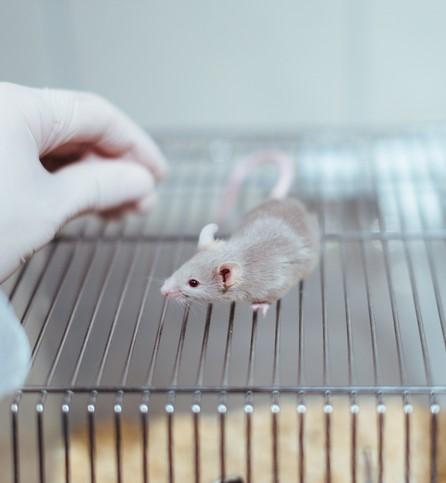The latest animal trials for a live-attenuated Zika vaccine developed by the University of Texas Medical Branch (UTMB) and Brazil's Evandro Chagas Institute reveal that a single dose prevents transmission to the offspring of pregnant mice, as well as preventing testicular damage in male mice.
In Zika developments in humans, the US Centers for Disease Control and Prevention (CDC) reported more babies born with Zika-related defects in the United States and its territories.
Findings in mice, macaques
The Zika virus candidate from UTMB and Brazil contains deletions in the 3' untranslated region of the virus genome (ZIKV-3'UTR-LAV). Studies are under way for several Zika vaccine platforms, and experts have said multiple types will be needed, such as a DNA-based vaccine to provide quick protection in an outbreak setting and a live-attenuated vaccine to provide longer-lasting protection in parts of the world where the disease is endemic.
A steep drop in disease levels has made it challenging to test new vaccines and treatments in human trials. Earlier this month, Sanofi announced it was suspending its work on a vaccine it is developing with Walter Reed Army Institute of Research, following scaled-back federal support.
The latest animal study findings for the UTMB/Brazil live-attenuated vaccine were published today in Nature Communications.
The team administered a single dose to female mice, bred them, then experimentally infected them with Zika virus on embryonic day 6. Next, they evaluated blood and tissues from them and their fetuses at embryonic day 13.
They found that the vaccine prevented Zika transmission during early pregnancy. Though no virus was found, they did detect very low levels of virus RNA from about 30% of the placentas and fetal heads of the vaccinated mice, which researchers said could reflect breakthrough viral RNA from antibody-virus complexes, with the clinical implications of the noninfectious viral RNA to be determined.
In experiments on male mice, one dose protected infected animals from testicular infection, injury, and oligospermia. In the control group of mice that didn't receive the vaccine, researchers observed that younger infected mice developed smaller testes, hinting that the virus might cause more severe reproductive damage in younger males, a link that will need to be verified in nonhuman primates and humans.
In another part of the study, evaluated the effect of the vaccine on macaques, the investigators found that a single dose with two different formulations of the vaccine prevented viremia, and that one of the formulations was more immunogenic, enough to induce sterilizing immunity after virus challenge.
Taken as a whole, the animal findings add more support for further development of ZIKV-3'UTR-LAV for humans, the group concluded.
More birth defects in US and territories
In its update yesterday on Zika cases and complications, the CDC said 3 more babies have been born in US states with Zika-related defects, raising the total to 98. The number of Zika-linked pregnancy losses remained the same, at 8.
In the US territories, 6 more infants have born with Zika-related complications, lifting the total to 138, the CDC said. One more pregnancy loss in the regions was reported, putting that total to eight.
So far 1,901 women in US states with evidence of Zika infection have completed their pregnancies with or without delivering a baby with birth defects. In the territories, 3,338 women with Zika virus have completed their pregnancies.
See also:
Sep 22 Nat Commun study
Sep 21 CDC update





















